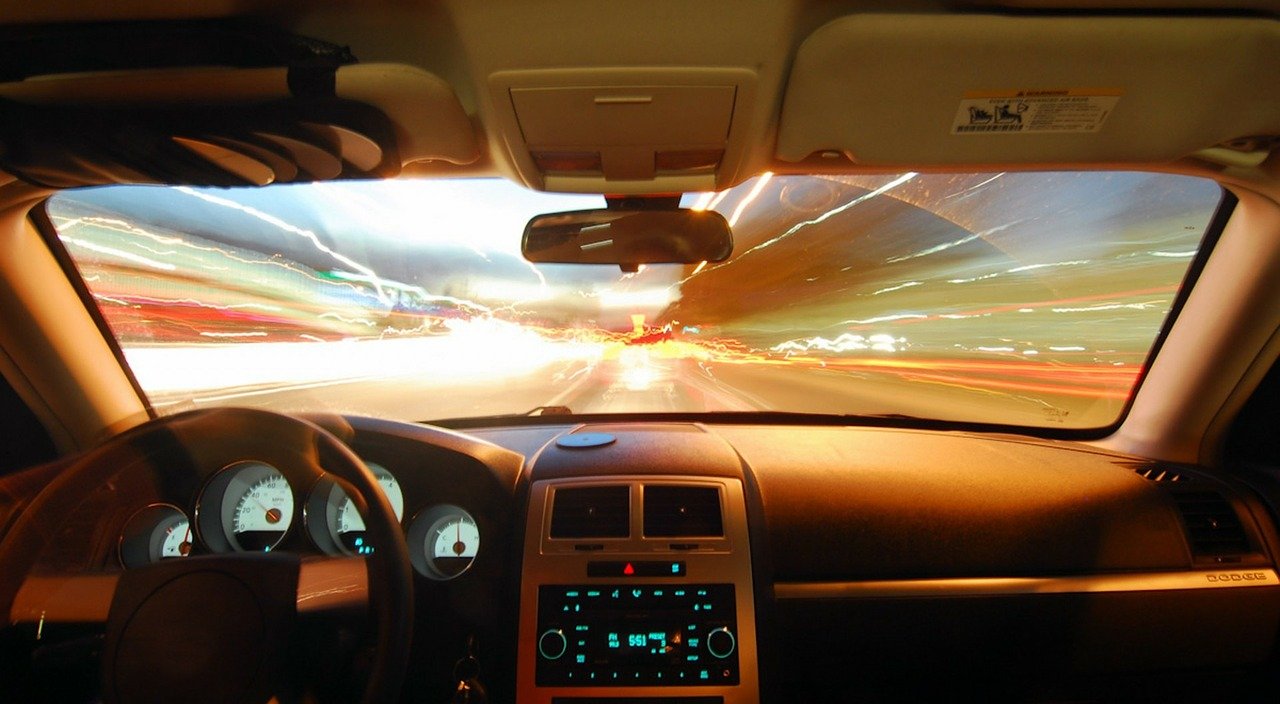As 2018 is in its waning months, it seems fair to say that 2018 was a rough year for the "true believers" in a driverless future. American sentiment has grown increasingly untrusting in a number of studies and surveys, while ride-sharing leader Uber suffered from a spate of negative publicity after the first fatal self-driving car crash in Tempe.
However, the immediacy of the present moment can make it altogether easy to forget that Google started its self-driving car project nearly 10 years ago. Its full culmination is yet to be felt all these years later, but the commercial successor of those efforts is Waymo, which has already logged millions of test miles on public roads. Now, it appears that Waymo is just months away from commercializing these efforts with a paid "robotaxi" service.
Waymo’s Ambitious Vision May Soon Be Realized
In Phoenix, Waymo plans to launch 600 driverless vehicles in a city that is not far from the site of the first self-driving fatal crash involving Uber. However, Forbes reports that Waymo’s ambitions far exceed the state of Arizona. In fact, the company has goals to add more than 80,000 driverless vehicles to its fleet in the coming years.
However, the transition will not happen overnight, which has become something of a recurring theme for the many bumps that have faced the driverless car sector along the way. Waymo CEO John Krafcik has stressed that the timeline for automated vehicles to be available everywhere will take "longer than you think". Perhaps, but it is clear that Waymo is paving the way forward for a commercialized and driverless robotaxi service.
What Could a Robotaxi Future Mean for Accident Compensation?
In a hypothetical world where Waymo driverless taxis have seized considerable market share in large cities around the world, the changes on the road would also bring about lasting legal change. For one thing, accident compensation would begin to shift from personal liability and "negligence" law to product liability and suing so-called "robotaxi" and driverless car manufacturers.
In some respects, this could do away with some of the trickier aspects of today’s personal injury law, such as helping victims pursue compensation when the responsible party was an uninsured driver who is in violation of state law. That said, these accidents will raise uniquely complex legal questions of their own.
This is especially true when it is difficult to assess whether a human operator, passenger or some other party may bear responsibility. It is easy to imagine a scenario where a multi-car collision involving a combination of self-driving and ordinary vehicles raising novel legal questions regarding compensation.
All the same, Waymo’s rollout is a meaningful step toward this legal shift that seems as inevitable as the fact that one day self-driving vehicles will dominate the road. For now, Waymo’s service is limited to Arizona and Nevada, but the Ledger Law Firm will continue to monitor the developments in this sector and what they may mean for accident victims in need of compensation.
Contact us online for a free case evaluation if you or a loved one has been injured in a Waymo accident to speak with a Waymo accident lawyer about your right to compensation.



